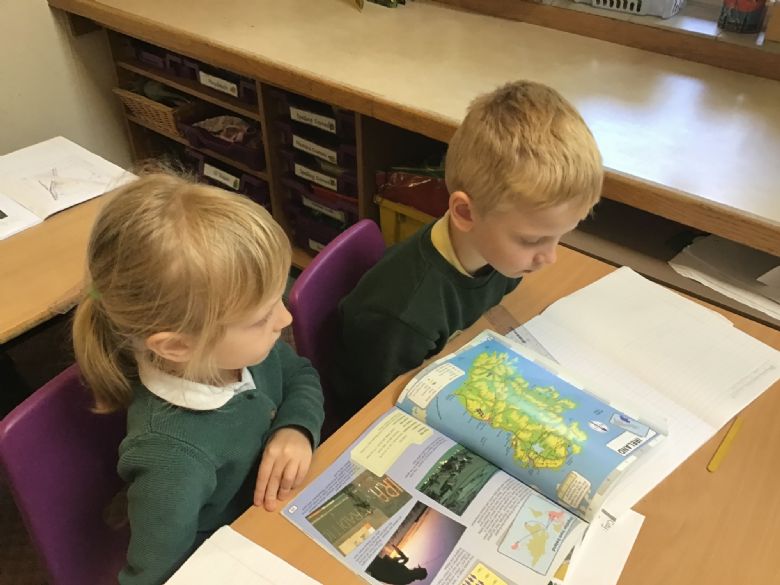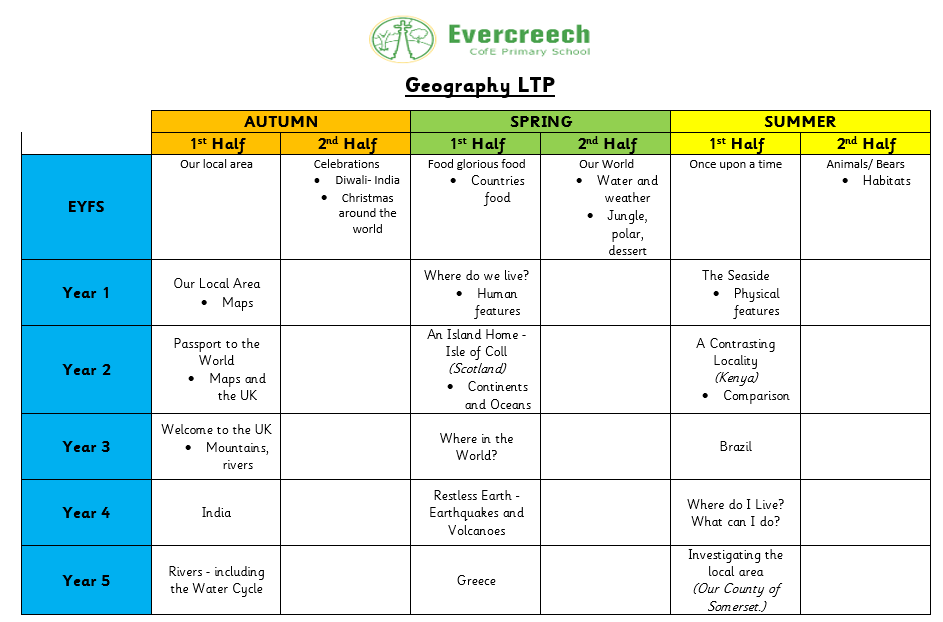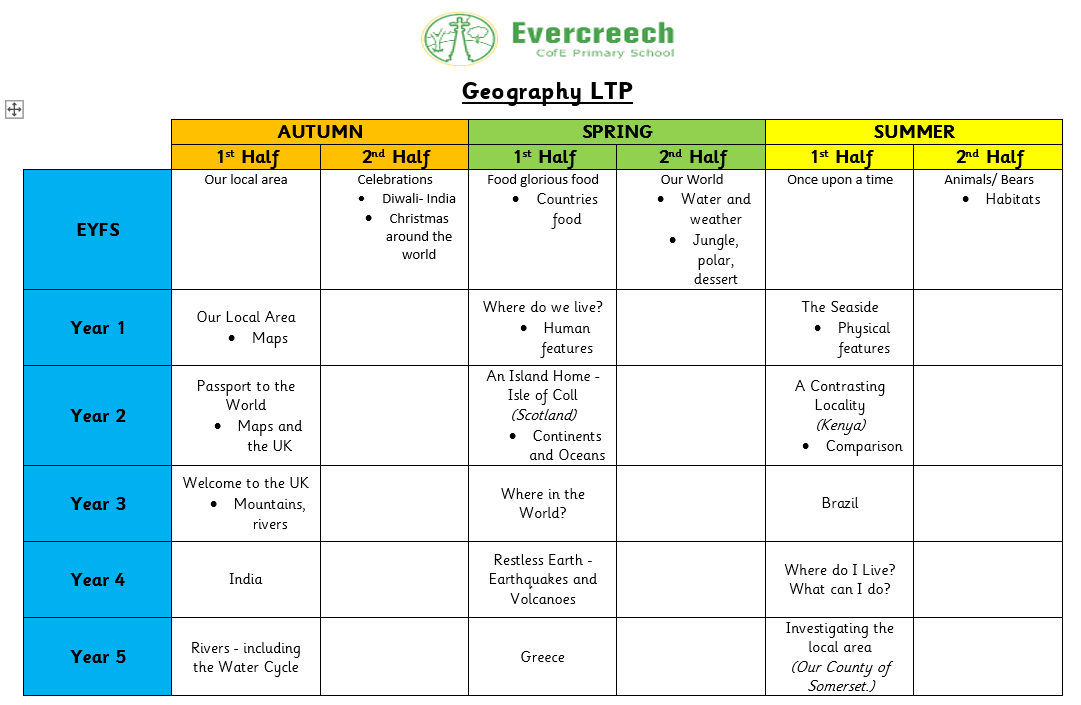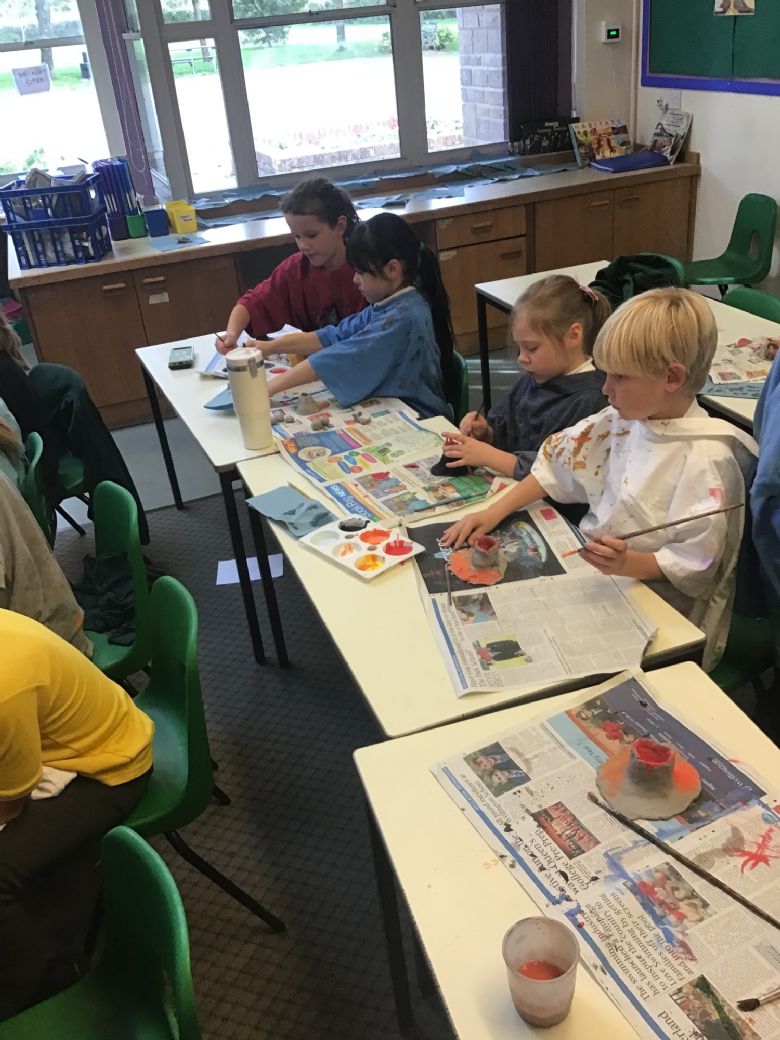Aims of the Primary National Curriculum for Geography
The national curriculum for geography aims to ensure that all pupils:
Develop contextual knowledge of the location of globally significant places – both terrestrial and marine – including their defining physical and human characteristics and how these provide a geographical context for understanding the actions of processes.
Understand the processes that give rise to key physical and human geographical features of the world, how these are interdependent and how they bring about spatial variation and change over time.
Are competent in the geographical skills needed to:
Collect, analyse and communicate with a range of data gathered through experiences of fieldwork that deepen their understanding of geographical processes.
Interpret a range of sources of geographical information, including maps, diagrams, globes, aerial photographs and Geographical Information Systems (GIS).
Communicate geographical information in a variety of ways, including through maps, numerical and quantitative skills and writing at length.
Source: National Curriculum September 2013

2024-2025


2025-2026


Progression of skills
- By the end of the Early Years all children can meet Early Learning Goals related to Understanding the World (Past and Present, People, Culture and Communities and The Natural World).
- Early Years children should begin exploring their local environment, recognising basic geographical features, and developing spatial awareness.
- Success is evident when children can identify key places, understand simple geographical concepts, and use language related to location and movement.
Skills developed by the end of KS1:
- In Key Stage 1, students build foundational geography skills by exploring their immediate environment, learning about basic geographical concepts, and using simple maps and models. Their understanding of locations, features, and simple geography-related language is developed through activities such as local explorations, identifying features of their world, and learning basic map skills.
Skills developed by the end of KS2:
- In Key Stage 2, children refine these skills and extend their knowledge to more complex geographical concepts, such as understanding different climates, studying regions in-depth, using advanced map skills, and carrying out fieldwork. They also begin to explore the relationship between people and places, examining both human and physical geography in greater detail.

Curriculum Intent - September 2024
- Ensuring our children have access to a high-quality geography curriculum that is both challenging and enjoyable.
- Providing quality first teaching to all learners.
- Providing opportunities for children to recall concepts and learning through regular questioning and quizzes.
- Exposure to high-level questioning and thinking in lessons.
- Involving our pupils in a variety of additional geography learning opportunities to encourage a love of learning.
- Looking at our surroundings and the natural world and having different opportunities to expand their knowledge and understanding of their local surroundings and the wider world.
- Use maps, compasses and fieldwork to explore their surroundings.
- Ensuring our pupils are confident geographers, so they can understand the world around them.
- Fully developing independent learners with inquisitive minds and an interest in self-improvement.
- Having high expectations of all learners to achieve the requirements set out in the National Curriculum.
|






